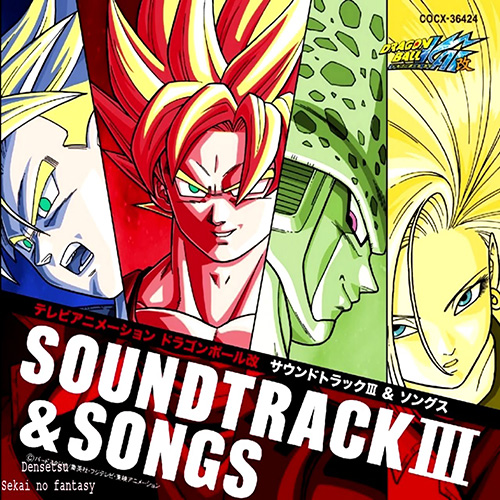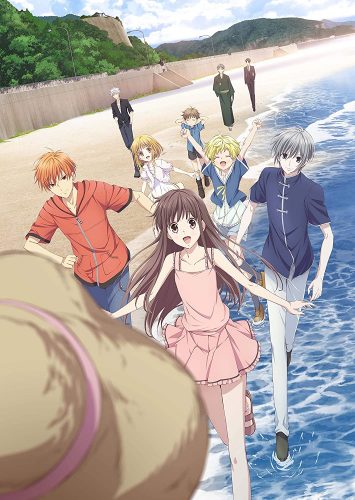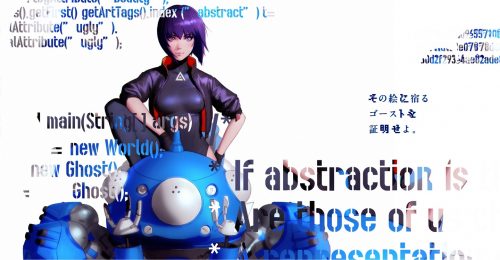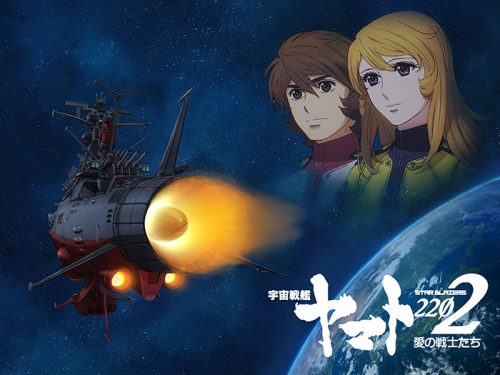
For the last decade, Hollywood has seen its share of reboots, and many of them have been met with disdain; most notoriously with the 2016 Ghostbusters remake. However, the notion of reboots is by no means limited to Hollywood. We have seen it in video games (such as Tomb Raider and Mortal Kombat), and anime has been rebooting many hit properties for the last decade. Unlike the overwhelming negative reactions to Hollywood’s reboots, a majority of what anime has to offer has been positive. So, why is that? Allow us to dive into that!
Chances to Tell A Story Faithful to the Manga

A common go-to argument as to why some people don’t like an anime is that it doesn’t live up to the manga, which tends to tell a superior and more complete story. That argument can best be applied to JoJo’s Bizarre Adventure. Stardust Crusaders had a weird release in the early-1990s (which only loosely portrayed the latter half) and the early-2000s (which portrayed the first half), and Phantom Blood got a theatrical release in 2007. Not only was the Phantom Blood movie panned by fans, but even by Araki himself! When the series got a reboot in 2012, Araki joined to make sure that the anime stays faithful to his work!
Another notable example is Fruits Basket. The 2001 series simply ends with Tooru learning the truth about Kyo. However, the 2019 reboot (with the manga having ended 15 years ago) gives viewers a chance to see the whole story. The 2001 series tended to overemphasize the humor, but the reboot brings an appropriate balance of humor and drama. The character designs of 2001 were very exaggerated with their big eyes and sharp chins (which was in-style during that time), but the remake offers an appropriate balance with its designs and the tone of the story while the original was more comedic.
Attracting New Audiences to Older Works

Considering that anime around the world is growing in popularity with younger audiences every day, it’ll be difficult to attract them to older titles. For all we know, getting a teenage anime fan to watch the 1969 Dororo series is probably a task that is next to impossible. It could also be difficult for some older fans as well, but thanks to the 2019 reboot, all viewers can get a fresher look at an iconic work by Osamu Tezuka that is faithful to both the 1969 anime and manga.
Megalo Box itself is a rather unique remake as it serves as a tribute to the OG boxing series, Ashita no Joe. Megalo Box uses an entirely new gimmick but manages to maintain the same dynamics and themes. While Ashita no Joe was a reflection of the hard times Japan was facing after World War II, Megalo Box indicates it takes place after a war, but it excellently highlights class warfare and corporate ownership, themes that are relevant to all generations. Considering how much Japan has changed since Ashita no Joe ended (it ended just about when Japan was slowly becoming an economic powerhouse), rebooting it for a modern Japan would be difficult, but a whole new gimmick helps make its themes universal for all audiences.
Relevant Themes

Ghost In The Shell is one of the very few properties that can easily be rebooted time and time again now that the world has come so far with technology. It portrays how technology affects society and individual identity, and a majority of installments find ways to implement these themes. The first film and manga talked about how the internet can affect society long before it became mainstream, and the SAC installments (which were reboots) tackled issues of health care and immigration. Even almost 20 years later, many nations face these very issues and the setting and characters allow them to implement these issues for ALL audiences.
Speaking of relevant themes, there’s also Akira, which is reportedly getting a reboot. A lot of the themes present in the original manga and film still apply to Japan to this very day with education, how the youth feel pressured, and the controversial argument of repealing Article 9 of Japan’s constitution, which denounces war and doesn’t allow Japan to have a military. Considering they still carry on to this day, an Akira remake is now more necessary than ever.
Changing Times
A lot of older works are controversial (such as Huck Finn and Flowers For Algernon) to the point that they have been banned since they cover subject matter that is too sensitive for modern times. While certain anime hasn’t faced this level of controversy, they do cover certain subjects that modern society frowns down upon. In the original Space Battleship Yamato, it was filled with what people would retroactively call toxic masculinity, and Yuki was almost the only female presence. With the remakes, the toxic masculinity from the original Yamato is gone (Kodai is portrayed A LOT more compassionate in the remake) and half of the cast is made up of females. By no means does it hurt the original material, in fact, it actually enhances it with more meaningful interactions beyond just “a real man doesn’t run from a fight” mentality that was persistent in the original Yamato.
The Bad and The Ugly
While many reboots have been welcomed with opened arms, some have been shunned by hardcore fans, most notably the Netflix Saint Seiya series (you can read our reviews). It falls into the same category of why people don’t like Hollywood remakes. One, the original series was perfect for what it was. Two, many people didn’t like the unnecessary changes. Three, fans would rather see something fresh in anime form such as a third season of Lost Canvas, or anime adaptations of other Saint Seiya properties such as Episode G or Next Dimension.
Final Thoughts

Many fans reasonably feel that an anime should live up to its manga, especially when the manga offers an excellent story. Thanks to the manga having ended and the popularity of the original anime, a good number of anime have been rebooted or remade. Though Dragon Ball Kai (which was meant to be more in-line with the manga) helped pave the way for Super, anime can be rebooted for a variety of reasons beyond the sake of being faithful to the manga. In some cases, the manga author wanted to be involved, and in some instances, the material is still relevant to this day but just needs to be tweaked for the right audience and times. In some instances, anime is rebooted/remade due to changes in society as seen with Megalo Box and the new Yamato series.
While there are some anime we love to see rebooted such as Battle Angel Alita, in some instances, that’s up to the manga author and Yukito Kishiro has previously said he’s not interested in making a new anime of it. So, are you readers open to reboots in the world of anime? If you have any thoughts, please leave a comment!
Recommended Post
Anime is Becoming Mainstream
Recommended Post



